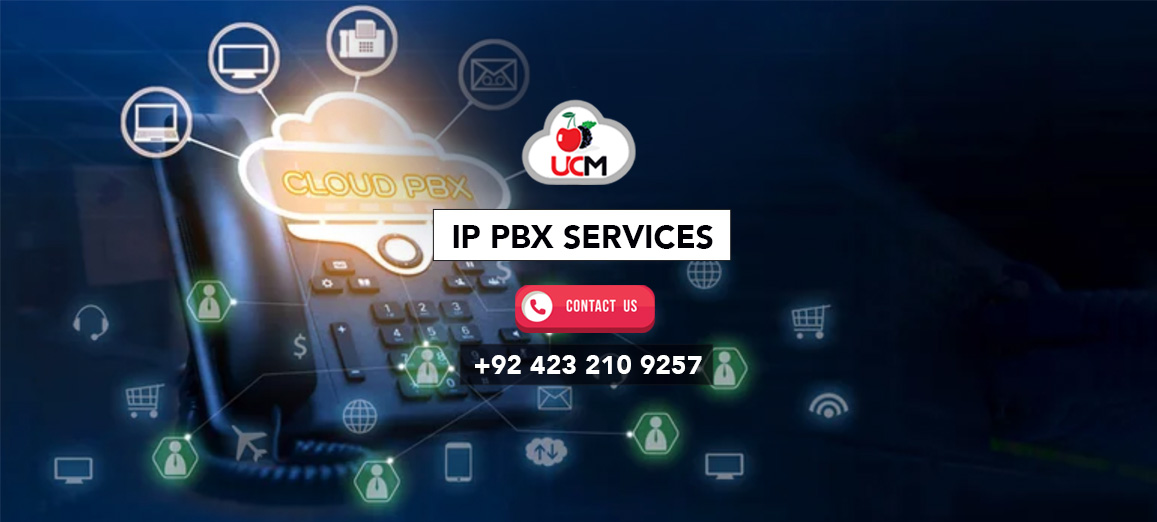Why Does a Business Need a Cloud PBX Phone System?
Both startups and thriving businesses need to ensure seamless connectivity with customers, business partners, teams, and departments. This unified communication strategy is highly effective in keeping everyone on one page. Companies looking to enhance their internal and external communication can take advantage of PBX Phone System technology for better business connectivity. This system is convenient for companies that have one main number with extensions. Instead of giving each staff member a separate phone line, they can streamline all into one system avoiding paying multiple phone bills. PBX systems vary on the basis of complexity and sizes from simple systems that come with basic features to an advanced cloud-based multi-layered system with extensive functionality. Let’s learn more about how the latest PBX technology is more beneficial for enterprises than traditional systems.
What Does A PBX System Means for Your Business?
The person new in business communication may feel stumbled into the conversation on PBX technology. First of all, it is important to know that PBX, an abbreviation of Private Branch Exchange, refers to a telephonic system that connects various phone lines into a unified system and allows the routing of calls with a business. This technology promotes internal communication among teams and departments in a company. Moreover, your team can also ensure effective communication with business partners and customers using different channels like voice over internet protocol (VoIP) or integrated service digital network technology. The latest PBX systems have also replaced the traditional operators that contain physical wire connected with an extension and used to call in the office. Meanwhile, a PBX server is the brain of the whole system in the traditional system and now cloud technology has taken the place of these operating systems.
Significant Features of PBX Technology
1. Call Transfer
Your agents no longer need to drop the call to transfer it to another extension as the most available one can answer the calls or the system can easily route its available agent.
2. Extension Dialling
You can use the same number for the entire set-up and can assign unique extensions to each worker or department. This facility reduces the need for using multiple numbers within an organisation.
3. Close Hours Availability
You can set your PBX system to route calls to available branches working round-the-clock during closed business hours.
4. Call Queuing
Customers do not like to stay on hold. They would appreciate it if your agents informed them of the expected wait time. Moreover, your agents can prioritise some calls over others.
5. Conferencing
Companies can also arrange conference calls through the latest PBX phone technology instead of traveling abroad to hold face-to-face interactions.
6. Voicemail
The latest internet-connected PBX system allows you to listen to your messages from any mobile device, computer or email.
7. Call Recording
This feature allows you to track conversations between customers and agents. Moreover, it is also possible to track the whereabouts of the callers for personalised interaction.
Final Remarks
Today, PBX systems are available in several varieties so you can choose the one that suits well with your business needs. These include traditional analog PBX phone systems that use old telephone service lines for connectivity and an on-premise system that contains IP phones connected with a PBX server through a LAN network. Cloud-based PBX technology is quite new and allows unified communication on internet-enabled devices. Moreover, it is a good idea to consult with experts like Cherry Berry UCM before upgrading your old system to a new one. Our experts will guide you well on how you can meet your organization’s needs perfectly. Implement an effective phone system in your business to ensure unified communication among your team members to improve better customer service experience and enhance productivity.




